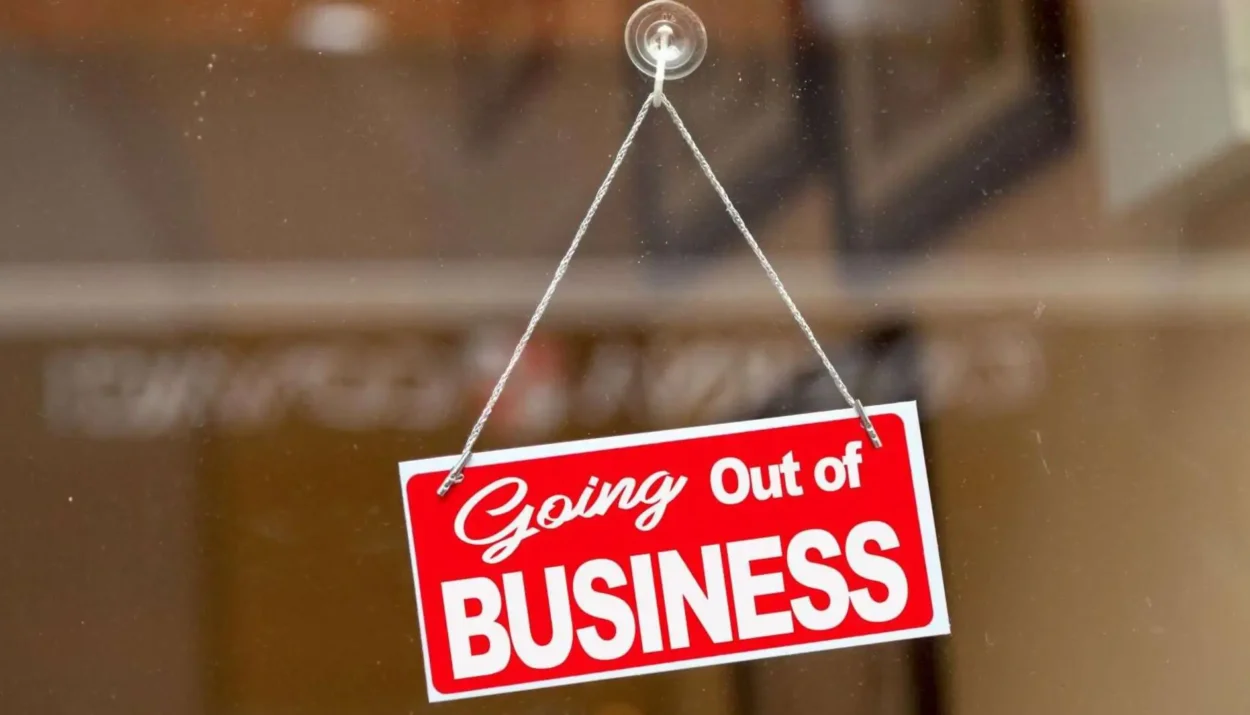In a challenging economic climate marked by inflation and shifts in consumer behaviour, numerous companies across industries faced financial turbulence and bankruptcies in 2024. From retail giants to household brands, bankruptcies reshaped the business landscape, with over 14,000 jobs lost across 19 companies, according to Challenger, Gray & Christmas. Below is a recap of some of the most significant bankruptcies of the year.
- Big Lots
- Filed for bankruptcy in September.
- Deal with a private equity firm fell through, leading to the closure of 963 locations.
- Bowflex
- Entered bankruptcy in March and emerged a few months later.
- Sold assets to a Taiwan-based company for $37.5 million.
- Express
- Struggled with its merchandise strategy and filed for bankruptcy in April.
- Closed nearly 100 locations and was sold to WHP Global in June.
- Joann
- Declared bankruptcy in March amidst consumer cutbacks on crafts.
- Became privately owned, retaining all 850 stores.
- LL Flooring
- Filed for bankruptcy in August as remodeling demand slowed.
- Rescued by a private equity firm after initially announcing the closure of 94 stores.
- Party City
- Filed for its second bankruptcy in December.
- Plans to close its 700 locations in early 2025.
- Red Lobster
- Filed in May after years of underinvestment.
- Closed over 100 locations but emerged from bankruptcy under new ownership in September.
- Spirit Airlines
- Declared bankruptcy in November due to losses and debt.
- Plans to emerge in 2025 with reduced liabilities.
- Stoli Group USA
- Filed for bankruptcy in December after demand slowed and a cyberattack disrupted operations.
- TGI Fridays
- Entered Chapter 11 in November.
- Blamed COVID-19 aftershocks for its financial woes.
- True Value
- Filed in October, citing a cash crunch from the housing market slowdown.
- Rival acquired its operations; retail stores remain open.
- Tupperware
- Filed in September after years of declining popularity.
- Its brand and IP were acquired by a private equity firm in November.
Retail’s Reckoning
The retail sector was particularly hard-hit, with 7,100 store closures through November, a 69% jump from the previous year (CoreSight). As consumer spending shifted, companies reliant on discretionary purchases—like Tupperware, Party City, and Joann—struggled to adapt, while those dependent on home improvement and remodeling faced challenges from the housing market’s stagnation.
Conclusion
While bankruptcy doesn’t always spell the end, as seen with companies like Red Lobster and Bowflex, it underscores the fragility of businesses in a volatile economy. These developments not only reshaped industries but also served as stark reminders of the evolving market dynamics and the importance of adapting to consumer demands and economic pressures.










